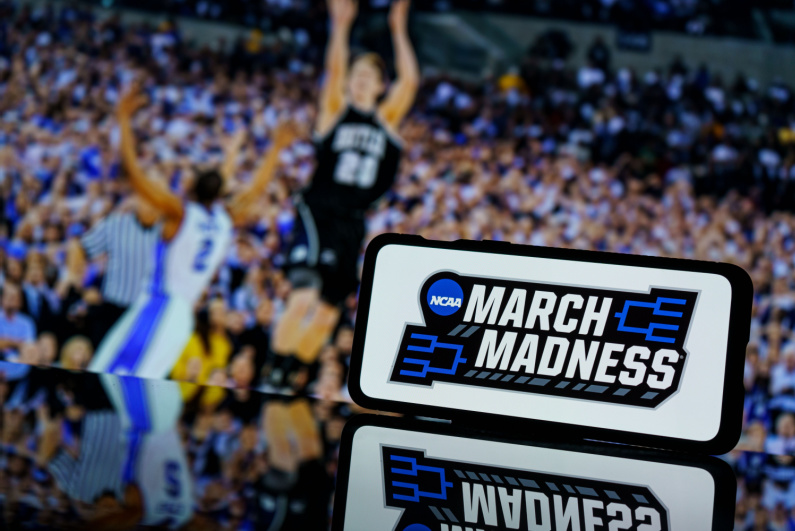State coffers filled
The year that Las Vegas finally welcomed the NCAA basketball tournament to Las Vegas turned out to be a post-PASPA spring coronation for American sports betting as state coffers across the land chimed sweetly to the tune of record-smashing revenues.
staggering tax revenue earned by New York, Maryland, and Washington, D.C.
While NCAA officials will be high fiving each other for changing the policy in 2019 towards hosting championships in Las Vegas, many states will now note the staggering tax revenue earned by New York, Maryland, and Washington, D.C., and, perhaps, think a policy change might be order.
New York, Maryland, and D.C. collected $83m, $5.3m, and $860,000 respectively in March, with the first two also breaking their monthly gaming revenue records.
New York on top
The record-breaking revenues added to a tournament unlike any other. On the men’s side, there were three first timers in the Final Four for the first time in 53 years, with UConn emerging as the victor. In the women’s tournament, LSU dominated Iowa, despite Iowa’s Caitlin Clark setting tournament scoring records.
In terms of handle for March, New York’s nine online sportsbooks were all winners, raking in a staggering $1.785bn. Maryland’s ten retail and eight mobile operators made $83m, while D.C.’s GamBet Lottery bucked a downward trend to post $6.5m.
will no doubt pile pressure on states where there’s no legal market
Figures like these and the revenue collected will no doubt pile pressure on states where there’s no legal market. Lawmakers and bettors in these states know only too well the yearly struggles between House and Senate in getting bills over the line.
North Dakota’s online sports betting bill died on the senate floor Monday. Georgia’s went the same way after trying a Trojan horse approach and piggybacking its bill onto a soapbox derby measure. Horse tracks are snarling up Minnesota’s chances of getting a consensus this legislative session, while South Carolina’s need for a constitutional amendment could see sports betting in 2025 at the earliest.
Kentucky also faced its fair share of legislative groundhog days, but stuck it out and in March became the 37th state to legalize sports betting.



